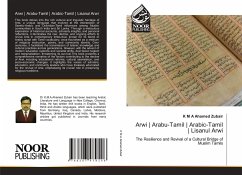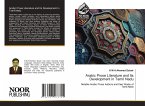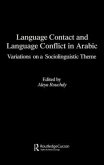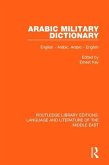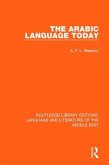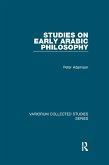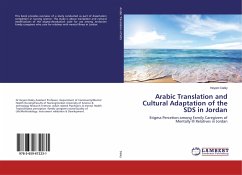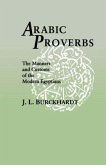This book delves into the rich cultural and linguistic heritage of Arwi, a unique language that evolved at the intersection of Semitic-Arabic and Dravidian-Tamil influences among Muslim communities in South India and Sri Lanka. Through a meticulous exploration of historical accounts, scholarly insights, and personal reflections, it illuminates the rise, decline, and ongoing efforts to revive Arwi in contemporary times.Arwi, known for its blend of Arabic script with Tamil vocabulary, once flourished as a medium of religious instruction, poetry, and community identity. Over centuries, it facilitated the transmission of Islamic knowledge and cultural practices across generations. However, with the advent of modern education systems and societal shifts, Arwi faced neglect and marginalization, threatening its survival.This book presents a comprehensive narrative of the factors contributing to the decline of Arwi, including educational reforms, cultural assimilation, and socio-economicchanges. It highlights the voices of scholars, educators, and community leaders who have tirelessly advocated for the revival of Arwi, emphasizing its crucial role in preserving religious traditions.
Bitte wählen Sie Ihr Anliegen aus.
Rechnungen
Retourenschein anfordern
Bestellstatus
Storno

